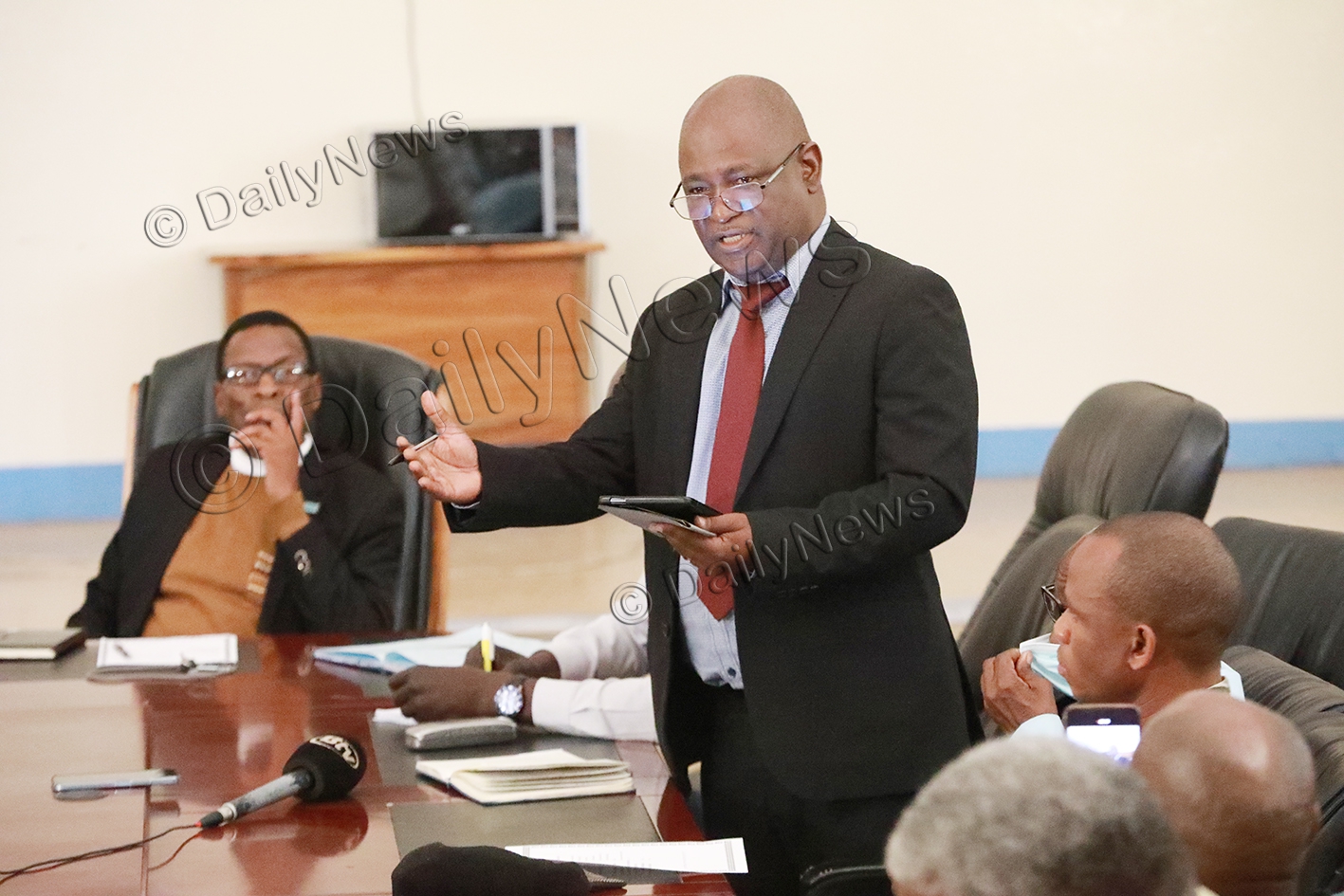Researchers on human-wildlife conflict nationwide consultation
08 Aug 2024
University of Botswana’s Okavango Research Institute (ORI) in collaboration with the Department of Wildlife and National Parks are on nationwide consultations to come up with best National Human-Wildlife Coexistence Strategy and Action Plan.
Speaking during a human-wildlife consultative forum in Serowe on Monday, Professor Moseki Motsholapheko, natural resources researcher of the University of Botswana’s Okavango Research Institute said their mission was to develop short and long-term action plan to thwart negative interactions between humans and wild animals.
“In view of the human-wildlife conflict in the country and forging a way forward to overcome the long-standing problem government has moved to assess the level of human-wildlife conflict and hear from those affected so as to come up with the best methodologies to address the conflict” he said.
He said the institute was also tasked to develop a monitoring and evaluation plan to ensure the National Human-Wildlife Coexistence Strategy and Action Plan would function to its optimum out-put.
Prof. Motsholapheko said thereafter they would develop wildlife value-chain strategies.
He said the institute was also mandated to evaluate Elephant and Leopard Management and Action Plan that was in place to better manage such species and therefore enhance its effectiveness as well as make informed decisions.
Further, he said the institute would also spread wings to evaluate and monitor the integration of game farming into arable agriculture in ploughing fields, which is an increasingly important alternative for optimal land use in the country.
Prof. Motsholapheko said they would also interrogate self-compensation that had potential to increase tolerance towards wildlife, decreases retaliatory killings, and builds community support for conservation of species.
He said the institution would make recommendations to relevant authorities that farmers that were victims should use the animals carcass, hides and bones, among others as self-compensation for the damages incurred.
However, the government would in the near future undertake a review of how much compensation victims of human-wildlife conflict would be paid after repeated complaints that the amounts were too low.
The institute, he said, was tasked to map human-wildlife conflicts areas and hotspots in the country.
For his part, GaMmangwato Acting Regent Kgosi Serogola Seretse said Botswana was blessed with flora and fauna that contributed significantly to Gross Domestic Product (GDP) through tourism.
He said addressing human-wildlife conflict required striking a balance between conservation priorities and the needs of people who live with wildlife.
He said as the human population increased and encroached upon traditional wildlife habitats, and adjacent to wildlife territories, conflicts would surge, thus human-wildlife conflicts awareness remained critical at this point in time.
Residents were of the view that crop damage, livestock predation and even occasional attacks on people by wildlife were among the issues that needed urgent attention.
Making recommendations, a Serowe resident, Mr Batsweleng Batsweleng said government classified wildlife into two groups; those animals whose damage attracted compensation and those that do not attract compensation, pointing they should be painted with the same brush and compensated for.
He said kudus, warthog and elephants should be on top priority list for compensation for farmers, and as such damage should attract good compensation for affected farmers, up to P1 000 for each wild animal that damages a field.
He said damage by monkeys, guinea fouls and other small animals should be compensated for. Ends
Source : BOPA
Author : Keith Keti
Location : Serowe
Event : Consultative meeting
Date : 08 Aug 2024







